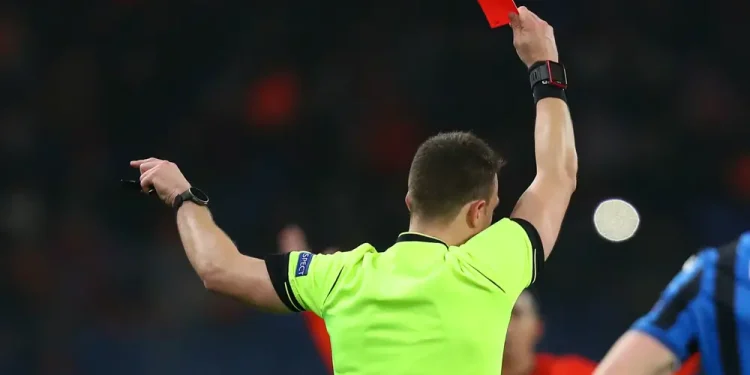In the world of professional football, there are moments that are forever etched in the annals of history. One such moment occurred on January 20, 2007, during a Premier League match between Sheffield United and Reading. Fans of the game will vividly remember this day, not for a spectacular goal or a breathtaking save, but for the briefest of appearances by Keith Gillespie, which ended in a red card just 12 seconds after he came on as a substitute.
The Context
The match was taking place at Bramall Lane, the home ground of Sheffield United. The fixture was crucial for both teams as they were battling to secure their positions in the Premier League. Sheffield United, known for their gritty and tenacious gameplay, were looking to gain valuable points. Reading, on the other hand, were striving to maintain their impressive form that had kept them in the upper half of the table.
The Substitution
As the game progressed, Neil Warnock, the manager of Sheffield United, decided to bring on Keith Gillespie in the 52nd minute to replace Derek Geary. Gillespie, a seasoned winger with bags of experience, was expected to bring an added dimension to the team’s attacking prowess. Unfortunately for him and Sheffield United, things did not go according to plan.
The Infraction
Just as the game resumed, Gillespie found himself tangled up with Reading’s winger, Stephen Hunt. In an uncharacteristic and rash moment of anger, Gillespie threw an elbow at Hunt, making clear and undeniable contact. The referee, Mark Halsey, was in close proximity and had a clear view of the altercation. Without hesitation, Halsey brandished the red card, sending Gillespie off the pitch just 12 seconds after he stepped onto it. This moment went down in history as one of the fastest red cards ever issued in Premier League history.
The Fallout
The aftermath of Gillespie’s red card had immediate and long-term consequences for both the player and the club. For Sheffield United, the sending-off was a significant blow, as they were already trailing 2-1 at the time. Being reduced to ten men made the task of getting back into the game all the more challenging. The match eventually ended 3-1 in favor of Reading.
For Gillespie, the red card marked a low point in his career. The Northern Irishman faced widespread criticism from fans, pundits, and even his own manager Neil Warnock. Warnock described Gillespie’s actions as “unforgivable” and admitted that the incident had a detrimental effect on the squad’s morale.
A Lesson Learned?
In the weeks and months that followed, Gillespie himself expressed deep regret over the incident. In various interviews, he acknowledged that his moment of madness was inexcusable and that he had let his team down. Gillespie used this experience as a turning point in his career, focusing on discipline and control in high-pressure situations.
Interestingly, Gillespie’s career continued post-incident, and he remained a key player for the clubs he represented. His story is often used as a cautionary tale by managers and sports psychologists when discussing the importance of emotional control and the potential consequences of losing one’s temper on the pitch.
The Fans’ Perspective
For Sheffield United supporters, the match against Reading in 2007 still evokes a mixture of emotions. While the result was disappointing, many fans look back on the game with a sense of bewilderment and humor. The heroics and follies of footballers often create iconic moments that, despite their negative impact at the time, become part of the rich tapestry of the club’s history.
In various fan forums and blogs, the 12-second red card is frequently mentioned as one of the more surreal events witnessed at Bramall Lane. It stands alongside other memorable moments, serving as a reminder of the unpredictable and often dramatic nature of football.
The incident involving Keith Gillespie’s 12-second red card is a fascinating episode in the landscape of Premier League football. It highlights both the intense passion and occasional volatility of the game. While Gillespie’s actions on that day were certainly regrettable, they have since become a part of football folklore, offering lessons in composure and the stark realities of professional sport.
As we reflect on that fateful day, it serves as a stark reminder of how quickly fortunes can change in football. For Keith Gillespie, the incident was a humbling experience that underscored the importance of maintaining discipline, no matter the circumstances. And for football fans, it is yet another unforgettable moment that makes the beautiful game so compelling.






